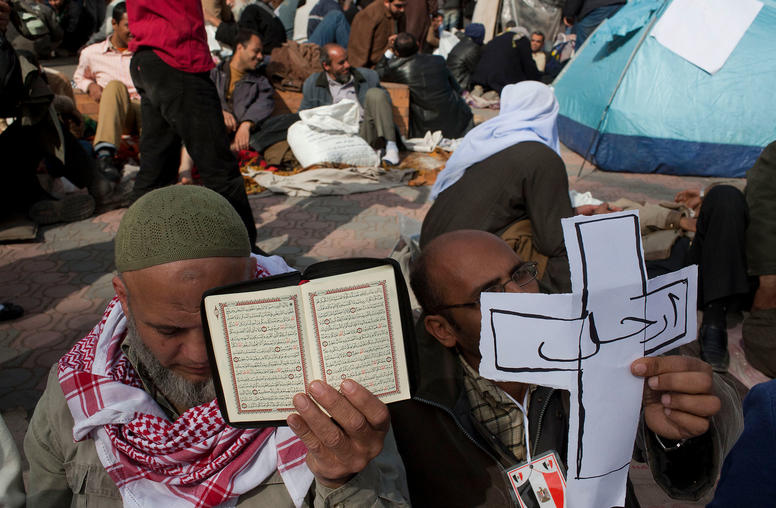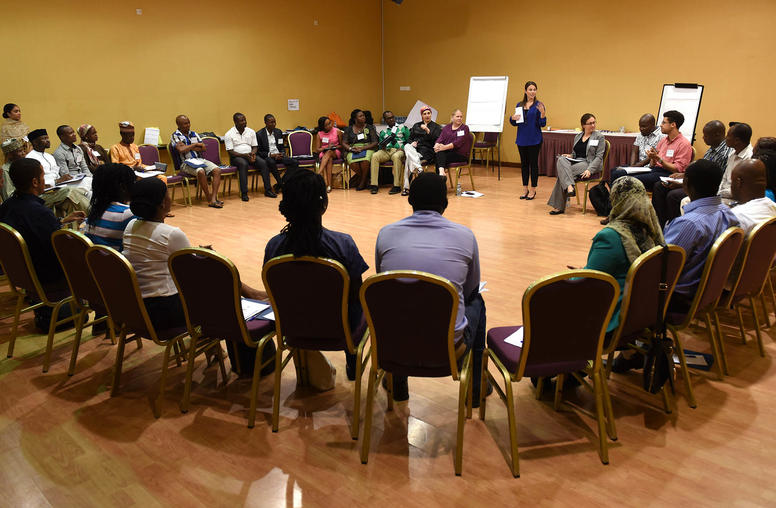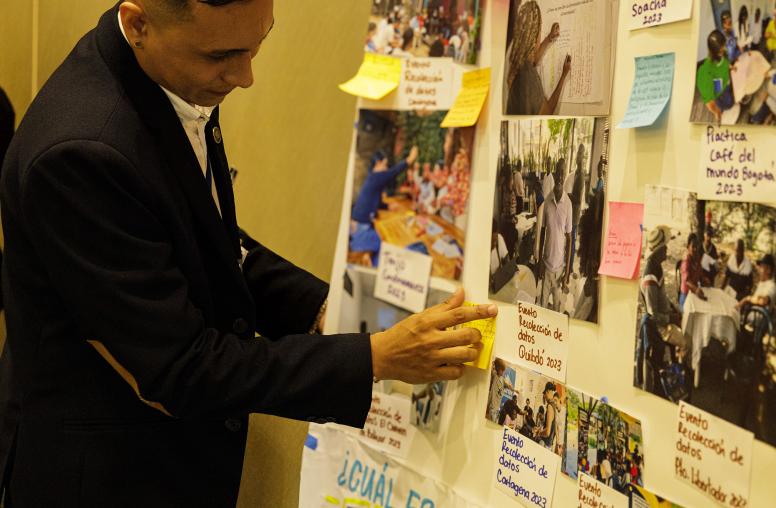 Colombia
Colombia
A 2016 peace agreement between Colombia’s government and the country’s biggest rebel group is being fulfilled in stages. As the guerrillas transition to civilian life, Colombia faces a massive task of reconciliation to recover from a half-century conflict that killed more than 220,000 people and uprooted more than 6 million. The U.S. Institute of Peace helped prepare the ground for a political solution with more than a decade of work in Colombia, and now is supporting research, policy discussions and mediation between, for example, ex-combatants and victims, to prevent a resurgence of violence.
Learn more in USIP’s fact sheets on our work in Colombia, available in English and Spanish.
Featured Publications

China-Colombia Relations are Growing, if Slowly
Colombian President Gustavo Petro’s visit to Beijing in October amounted to a notable — if quite small — step forward for China and Colombia, building on growing trade and other ties, while also laying the groundwork for cooperation on issues, such as media and security, which China has promoted across the region.

La guerra entre Israel y Hamas divide a América Latina a través de líneas partidistas
A medida que aumentan las bajas civiles en el conflicto entre Israel y Hamás, muchos líderes latinoamericanos están intensificando sus críticas al gobierno israelí. Bolivia recientemente se convirtió en el primer país en romper relaciones con Israel; Chile, Colombia y Honduras llamaron a sus embajadores para consultas; y diplomáticos de Argentina, Brasil y México han condenado a Israel por su violencia, exigiendo un cese inmediato de las hostilidades.

Israel-Hamas War Divides Latin America Along Partisan Lines
As casualties mount in the Israel-Hamas conflict, many Latin American leaders are intensifying their criticism of the Israeli government. Bolivia recently became the first country to sever ties with Israel; Chile, Colombia and Honduras recalled their ambassadors for consultations; and diplomats from Argentina, Brazil and Mexico have blasted Israel for the bloodshed, calling for an immediate end to hostilities.
Current Projects

Religion and Nonviolent Action
Since 2020, USIP’s programs on religion and inclusive societies and nonviolent action have been conducting research to better understand the role of religion in nonviolent action campaigns. Many of the most prominent activists and nonviolent movements in history have drawn on religion as they worked to build peace and advance justice. Historical figures such as Martin Luther King Jr. and Mahatma Gandhi often come to mind. But religious leaders, beliefs, symbols and practices have featured just as prominently in more recent nonviolent campaigns, including the Arab Uprisings, the Spring Revolution in Myanmar and Hong Kong’s Umbrella Movement.

Generation Change Fellows Program
Generation Change works with young leaders across the globe to foster collaboration, build resilience and strengthen capacity as they transform local communities.

Participatory Action Research (PAR) Program
Participatory action research (PAR) is an approach to research where embedded, community-based actors use their lived experience and collective knowledge to analyze and address local problems. USIP uses PAR as a peacebuilding tool in our work with youth leaders, where it helps to strengthen their capacities to contribute to positive social change in their own communities. PAR provides participating youth a mechanism through which they can create a claimed space of their own design, guided by their goals for the future, that is also simultaneously grounded in empirical analysis of the present context.